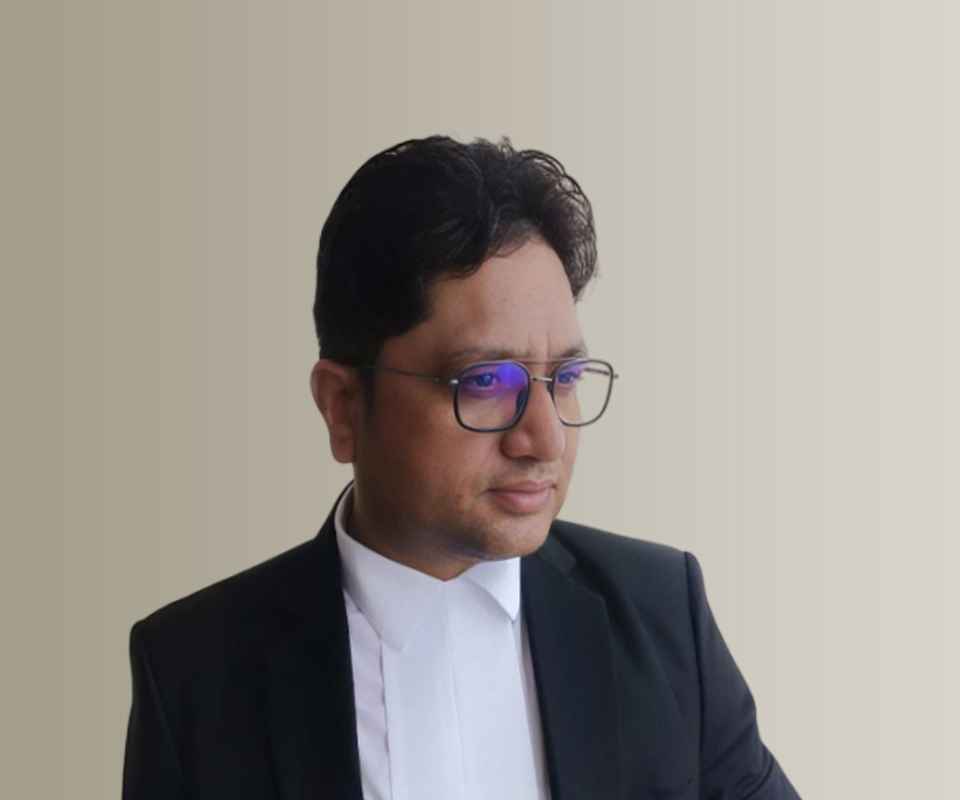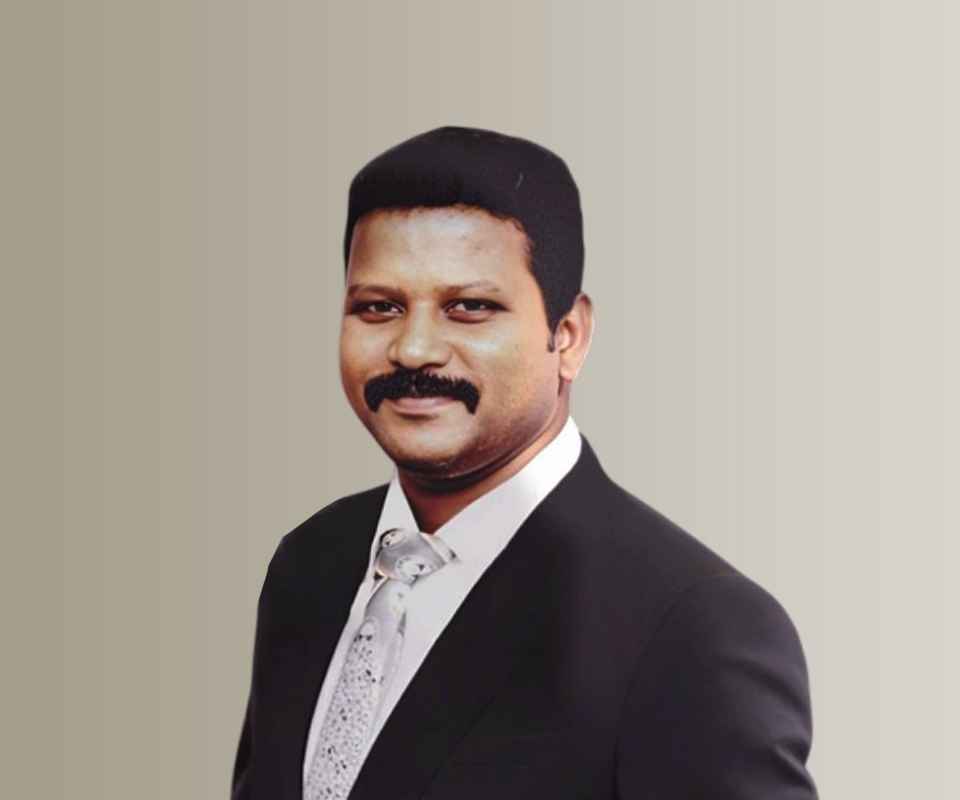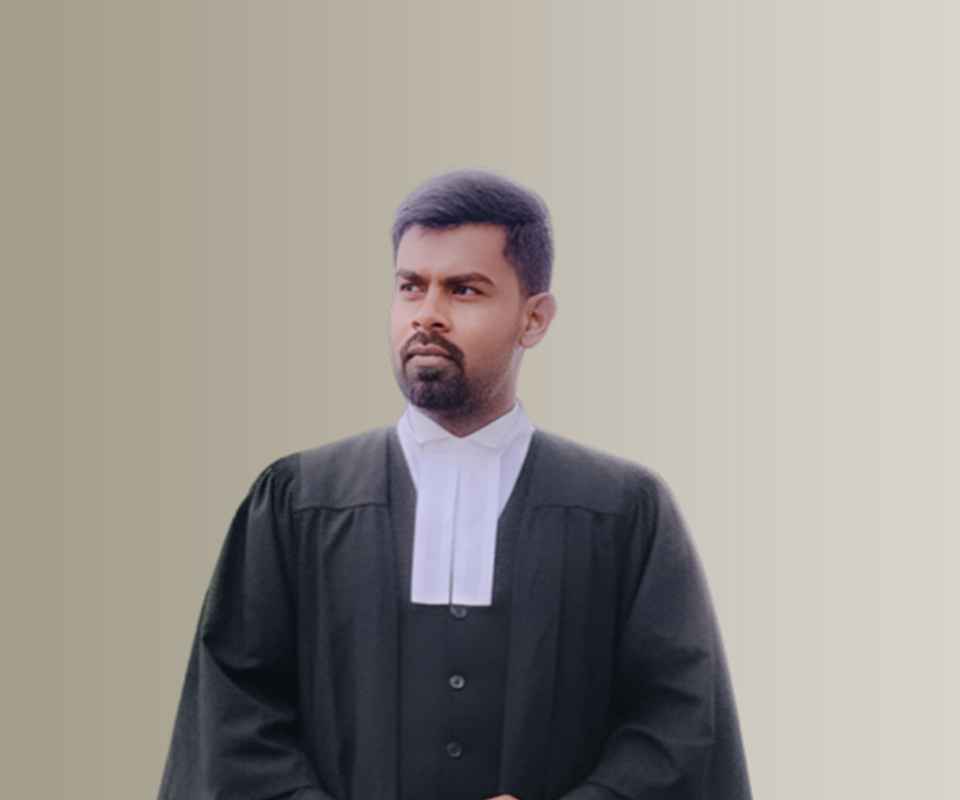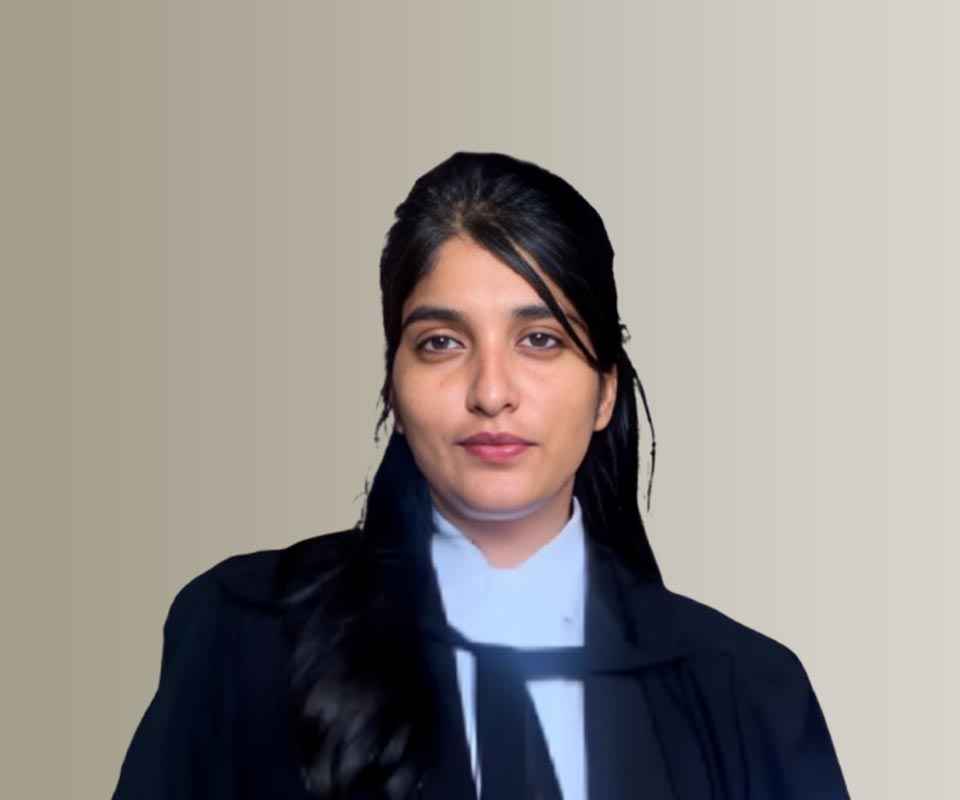Answer By law4u team
In India, military personnel are subject to certain restrictions when it comes to their participation in elections. These restrictions are primarily focused on maintaining the neutrality and discipline of the military, ensuring that it remains free from political influence or involvement. While military personnel retain their right to vote, they face limitations regarding their political engagement and contest elections due to the nature of their service and the need to maintain an unbiased and non-partisan role.
Can Military Personnel Participate in Elections?
1. Right to Vote
Military personnel in India retain the fundamental right to vote in elections, just like any other citizen. However, they may face logistical challenges in casting their votes, especially if they are stationed in remote areas or during active military duty.
The Election Commission of India makes provisions for the military to vote through postal ballots or special arrangements for those deployed in conflict zones or remote locations.
2. Restrictions on Contesting Elections
Military personnel are not allowed to contest elections while serving in the armed forces. This is to ensure that they maintain political neutrality and avoid conflicts of interest.
The Representation of the People Act, 1951, which governs elections in India, bars members of the armed forces from contesting elections unless they have retired or are discharged from military service.
Serving military members are prohibited from campaigning or engaging in political activities that might influence their role as defenders of the state.
3. Political Neutrality of the Armed Forces
One of the primary reasons behind these restrictions is to ensure the political neutrality of the armed forces. Political involvement by military personnel can undermine the trust and efficiency of the armed forces, especially in times of conflict or national security issues.
The military is expected to remain apolitical, focusing solely on national security and defense without any alignment to political parties or movements.
4. Restrictions on Political Activities
Military personnel are not allowed to engage in political activities or public political discussions that could compromise their impartiality or loyalty to the state. For instance, they cannot hold memberships in political parties, participate in election rallies, or publicly express political opinions.
This is codified under the Indian Army Act, 1950 and similar acts for the Navy and Air Force, which mandate that armed forces personnel avoid any action that could compromise the neutrality of the military.
5. After Retirement
Once military personnel retire or are discharged from service, they are free to participate in elections. This includes the right to vote, contest elections, and engage in political activities as any other civilian citizen would.
Many former military officers have gone on to serve in public office, with some becoming Members of Parliament (MPs) or even holding ministerial positions in the government.
Example
General VK Singh, the former Chief of Army Staff of India, is an example of a retired military officer who entered politics after his retirement. He joined a political party and contested elections as a civilian, post-retirement. While in service, however, he was not allowed to engage in such political activities.
Conclusion
In India, while military personnel are allowed to vote in elections, they face restrictions on contesting elections and engaging in political activities while serving. These restrictions are in place to ensure the political neutrality of the armed forces, maintain discipline, and prevent any conflict of interest. Once retired, however, military personnel regain their full rights to participate in the political process as civilians. These policies are in line with ensuring that the armed forces remain focused on their primary duty—national defense—without being influenced by political allegiances.







